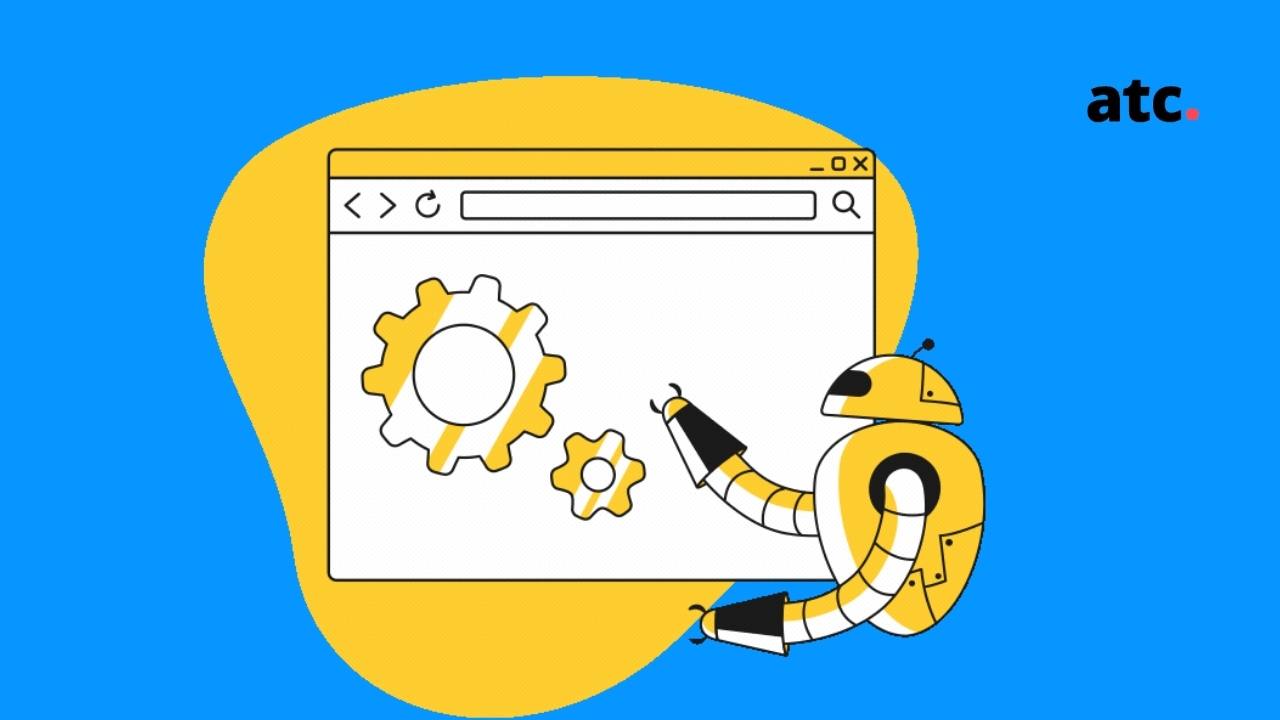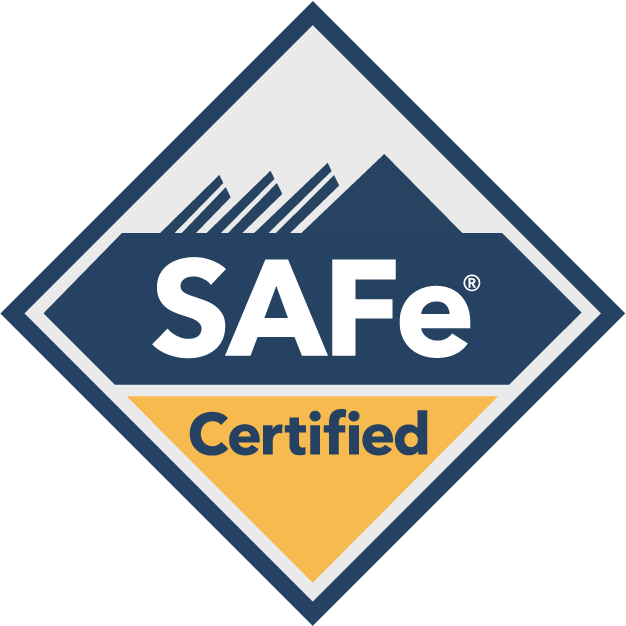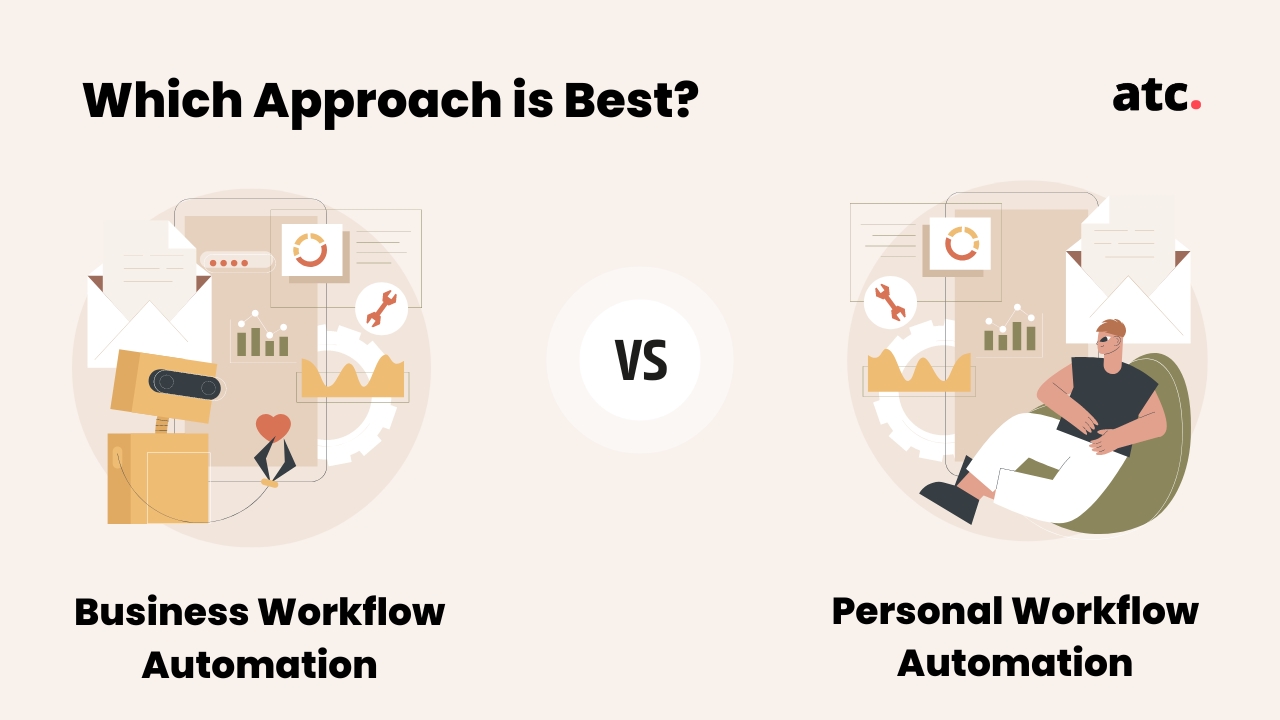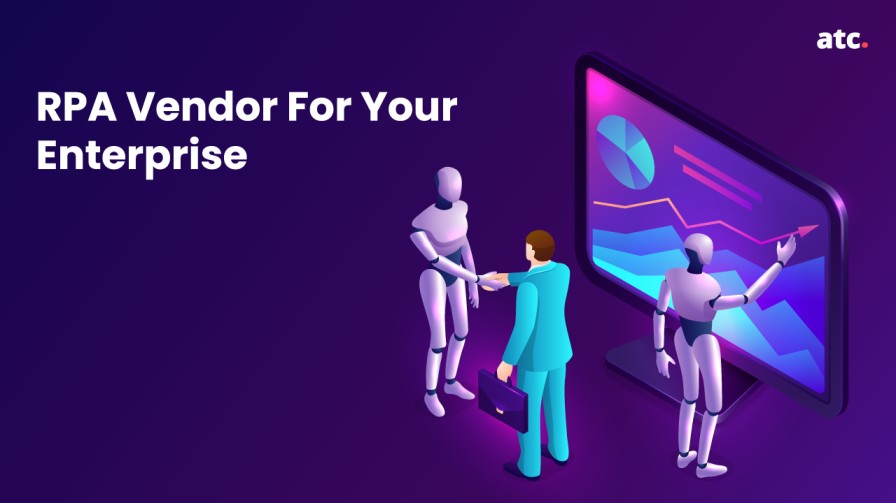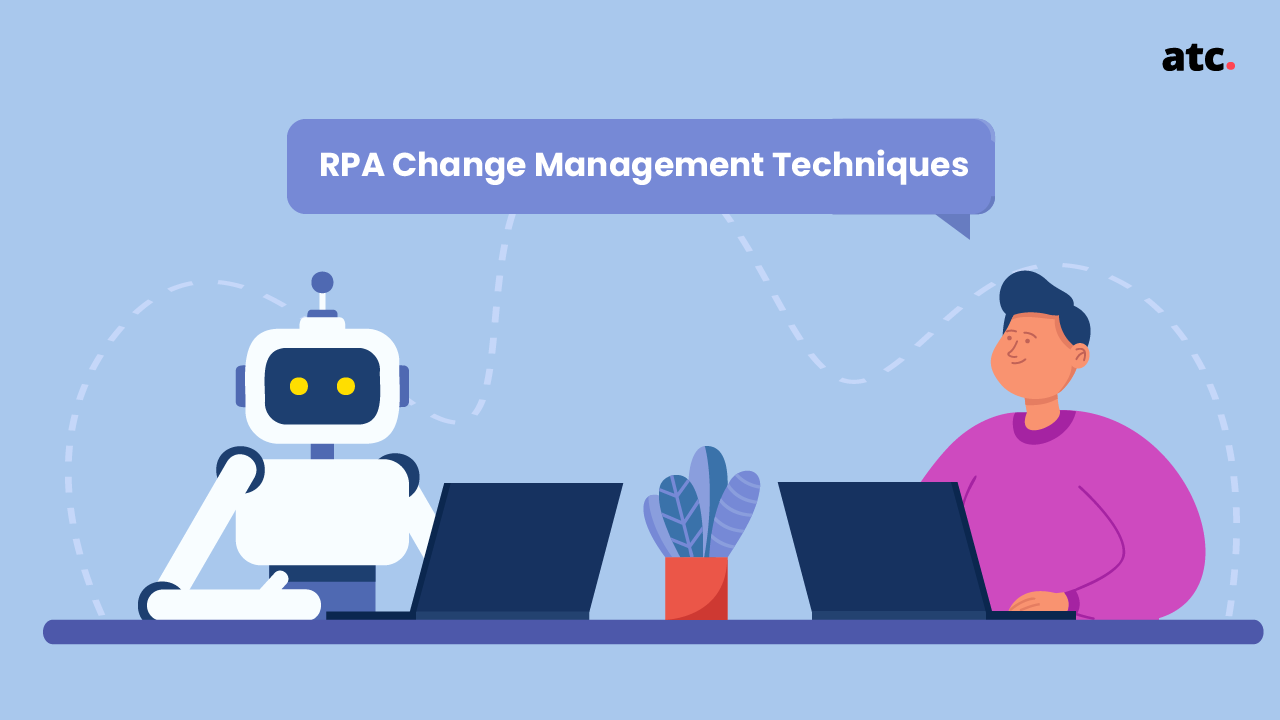Subscribe to the blog
The business landscape is changing rapidly, and companies must adapt or risk being left behind. One of the biggest changes is the increasing use of artificial intelligence (AI) and robotic process automation (RPA). These technologies are helping businesses to automate tasks, improve efficiency and accuracy, and power new insights.
Robotic Process Automation helps with repetitive and time-consuming tasks such as extracting data from both digital and non-digital documents, generating reports, and managing customer requests. Not only does this free up employees to focus on more value-added tasks, but also helps to improve accuracy and efficiency. . As a result, organizations can achieve higher efficiency, and customer satisfaction goals while saving on costs.
Artificial intelligence enables machines to learn and work autonomously. Unlike RPA systems, AI-powered machines are not limited to completing predefined tasks; they can figure out how to complete new tasks on their own.
To make the most informed decision when implementing new technology into your company, it is important to weigh all of the options available to you. This blog post will explore the differences between AI and RPA and help you decide which option is best for your business.
Key Differences between AI and RPA:
- Purpose
While both AI and RPA are designed to automate tasks, they each have different primary objectives. The main purpose of AI is to make machines smarter, while the main purpose of RPA is to make machines faster.
AI is focused on making machines that can learn and think like humans. This includes developing algorithms that can identify patterns and make predictions. RPA, on the other hand, is focused on automating repetitive tasks. This can include anything from data entry to invoice processing.
- Functionality
AI is capable of performing more complex tasks than RPA. For example, AI can be used for predictive maintenance, which involves using data analytics to detect patterns that could indicate a problem with a machine before it occurs. RPA, on the other hand, is typically used for more simplistic tasks such as data entry or form filling.
- Implementation
Deploying AI within an organization can be a complex and daunting task. Unlike traditional RPA, which only requires a basic understanding of the data and business processes, AI deployments often need a much deeper level of knowledge to be successful. This is because AI systems must be trained on data sets to learn how to recognize patterns and make decisions. This training process can be time-consuming and difficult to get right, which is why AI is often seen as being more difficult to implement than RPA.
- Maintenance
AI systems require more maintenance than RPA systems. This is because AI systems are constantly learning and evolving, which means they require regular updates. RPA systems, on the other hand, do not require regular updates as they are only designed to perform specific tasks.
- Flexibility
While RPA is typically only used to automate specific tasks, AI is more flexible and can be used to automate a variety of tasks. This is because AI can be used to mimic the behavior of humans, while RPA is limited to performing pre-defined tasks. As a result, AI is well-suited for automating tasks that require some level of judgment or decision-making, such as customer service or fraud detection. In addition, AI can be used to automate complex processes that involve multiple steps, while RPA is typically only used to automate simple processes.
- Scalability
In general, AI is more scalable than RPA. RPA tools are designed to automate specific, well-defined tasks. This means that they are only effective for businesses that have very stable and predictable processes. On the other hand, AI is designed to imitate human intelligence, making it capable of handling a wider range of tasks. As a result, AI is better equipped to scale up as business needs change. In addition, AI-powered bots can continue to learn and improve over time, making them even more effective as they gain experience. For these reasons, AI is generally more scalable than RPA.
- Security
It's a question that's been on the minds of many businesses lately: AI or RPA, which is more secure? Both technologies have their advantages when it comes to security. For example, AI can be used to identify patterns and trends that may indicate a security breach, while RPA can be used to automate repetitive tasks that may leave a business vulnerable to attack. So, which is the better option? The answer may depend on the specific needs of the business. However, both AI and RPA offer benefits that can help to improve security. For businesses that are looking for the most comprehensive security solution, AI and RPA can be used together to create a powerful defense against potential threats.
Factors to consider when choosing between AI and RPA
Here are some factors to consider when making your decision:
1. The nature of the task: When it comes to AI and RPA, it's important to understand the strengths and weaknesses of each technology. AI is best suited for tasks that require cognitive abilities, such as understanding natural language or making predictions. RPA, on the other hand, is more suitable for repetitive tasks that can be easily defined and executed by a computer. For example, an AI system might be used to analyze customer service interactions and identify trends, while an RPA system could be used to automatically generate invoices based on data from a purchase order.
2. The amount of data: AI algorithms need a lot of data to learn and improve over time. Without enough data, they will quickly become outdated and less effective. On the other hand, RPA can be used with much smaller amounts of data. This is because RPA is based on rules and logic, rather than learning from data. As a result, RPA can be a better option when you don't have enough data to train an AI algorithm.
3. The level of complexity: On the one hand, AI can handle more complex tasks than RPA, making it a more versatile tool in the long run. However, AI also requires more resources to set up and maintain, so it may not be feasible for businesses with limited budgets. Additionally, AI projects can be more time-consuming to implement than RPA projects. For these reasons, many experts recommend starting with RPA and then moving on to AI when you're ready. By taking this approach, you can gradually introduce AI into your business without overextending your resources.
4. The cost: There's no doubt that artificial intelligence is transforming the business world. By automating tasks and providing insightful data analysis, AI is helping businesses to improve their bottom line. However, AI can be expensive, both in terms of the software and the hardware required. For businesses on a tight budget, robotic process automation (RPA) can be a more cost-effective solution. RPA is usually less expensive than AI, although the costs can add up if you have a lot of repetitive tasks to automate. In addition, RPA doesn't require the same level of investment in data collection and annotation as AI. As a result, RPA can be a great solution for businesses that want to automate their processes without breaking the bank.
5. The skills required: AI requires specialized skills and knowledge, such as data science and machine learning. RPA, on the other hand, can be learned by anyone with basic computer skills. As a result, RPA is often seen as a more accessible option for businesses that want to automate their operations.
6. The time frame: AI takes longer to set up and get results, while RPA can be implemented relatively quickly. RPA also requires less maintenance than AI, so you can set it up and forget about it. However, AI has the potential to be more accurate than RPA, so if accuracy is your top priority, AI is the way to go. Ultimately, the best approach for you will depend on your specific needs and goals. But if you need quick results, RPA is the better option.
7. The risk: AI is still a new technology with a lot of growth potential. However, it also comes with some risks, such as the possibility of biased results or unforeseen errors. RPA is less risky, but it can't always handle complex tasks as well as AI. When choosing between the two technologies, it's important to weigh the risks and benefits carefully. AI has the potential to revolutionize many industries, but it's still in the early stages of development. RPA is more mature, but it doesn't have the same range of capabilities.
8. The scope of scalability: RPA is more limited in this regard, as it is designed to mimic human actions. This means that it is effective for tasks that are well-defined and repeatable, but it can struggle with more complex processes. AI, on the other hand, can be scaled up much more easily- simply by adding more computing power. Additionally, AI is constantly evolving and improving, so you can continue to reap the benefits of new advances even as you scale up your operations. However, RPA can still be a viable option for small businesses or those with limited resources. Ultimately, the best solution for your company depends on your specific needs and budget. But if scalability is a key concern, AI is likely to be the better choice.
AI & RPA: Combining the two for revolutionary solutions
Both AI and RPA have their unique benefits, but when used together, they can create an even more powerful solution.
RPA is often seen as the foundation of automation, providing the ability to replicate human actions like data entry and software interactions. AI, on the other hand, is capable of more complex tasks such as decision making and natural language processing. By combining the two technologies, businesses can automate a wider range of processes with greater accuracy and efficiency. Here are a few use cases:
Marketing: In particular, AI can be used to quickly and efficiently analyze customer data, helping businesses to identify opportunities for targeted marketing campaigns. For example, AI can be used to identify customers who are likely to be interested in a new product or those who are at risk of switching to a competitor. RPA can be used to automate the process of sending out the campaigns. This approach can help to improve customer engagement and loyalty, as well as increase sales.
Fraud detection: In this instance, AI can be used to identify patterns in data that may indicate fraud, while RPA can be used to automatically investigate these cases and take appropriate action. This approach can help to reduce losses due to fraud and improve overall security.
Employee onboarding: RPA can be used to automate repetitive tasks during the employee onboarding process, such as sending emails or generating employee ID numbers. AI can be used to provide more personalized onboarding experiences, such as creating a custom training plan for each new hire based on their skills and experience.
Human Resources: RPA can be used to automate repetitive HR tasks, such as managing employee files or tracking vacation days. AI can be used to identify potential candidates for open positions or predict which employees are at risk of leaving the company. By harnessing the power of RPA and AI, HR professionals can free up time to focus on more strategic tasks.
Conclusion:
The AI and RPA market is growing rapidly, and it’s only going to continue expanding in the years to come. This provides immense opportunities for businesses of all sizes to get on board and take advantage of the benefits these technologies offer. If you’re interested in learning more about how AI and RPA can benefit your company specifically, or want to explore implementing these solutions, please don’t hesitate to contact us. Our team would be more than happy to help you chart out a course for success with these game-changing technologies.
